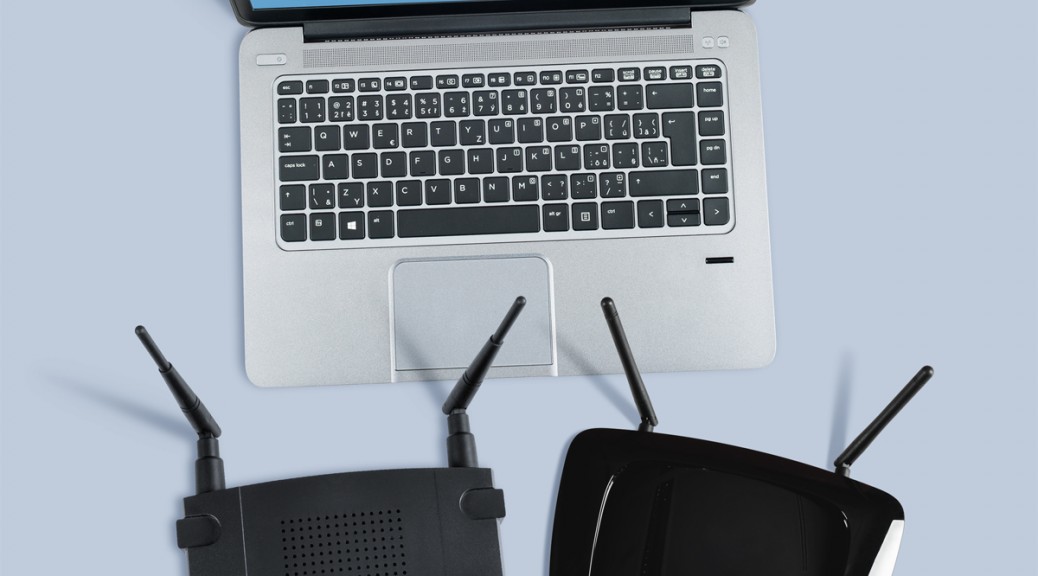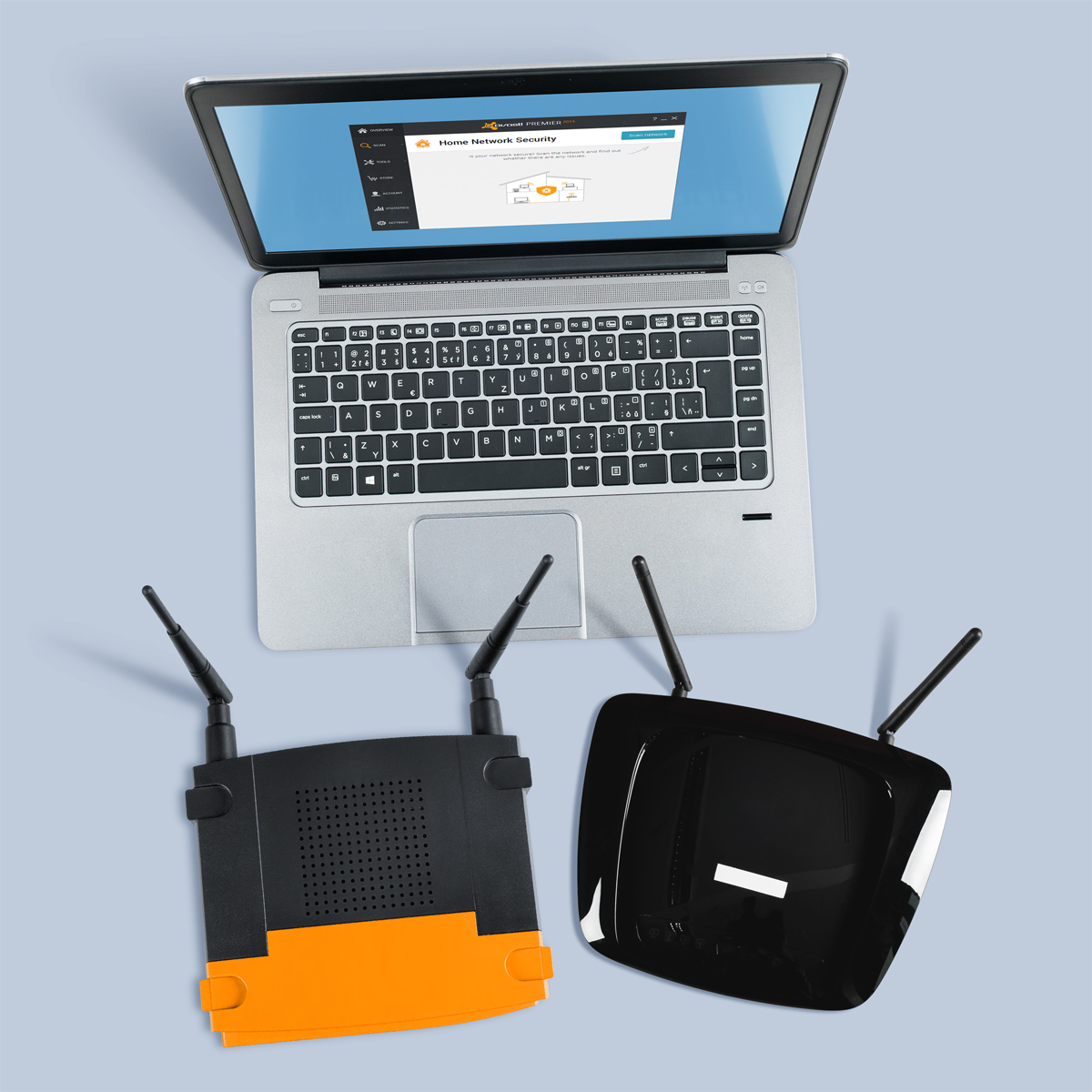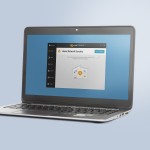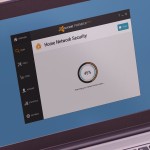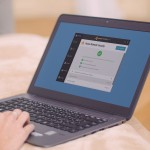Hackers can start wars. That’s a fact. It’s also one of the fears people have learned to live with. As opposed to some reductionist definitions of war, when it comes to the cyber-war topic, it’s not always a good vs. bad kind of battle. It’s more of a battle of competences between highly skilled hackers.
Divide and conquer
In order for a massive hacking to succeed, some advanced software programs are required. Here’s where the US government saw on opportunity to try and keep under control foreign hacking initiatives.
The Bureau of Industry and Security (BIS), an agency of the United States Department of Commerce that focuses on national security and high technology issues, is currently struggling to obtain tighter export rules for computer security tools. The objective is to disallow encryption license exceptions for cyber security tools that qualify as “intrusion software” thanks to the ability to extract or modify data from a computer or a network-enabled device or simply tweak the standard execution path of a program.
No hacking without license
As mentioned in the official presentation, the BIS proposal focuses on:
- systems, equipment or components specially designed for the generation, operation or delivery of, or communication with, intrusion software;
- software specially designed or modified for the development or production of such systems, equipment or components;
- software specially designed for the generation, operation or delivery of, or communication with, intrusion software;
- technology required for the development of intrusion software;
- Internet Protocol network communications surveillance systems or equipment and test, inspection, production equipment, specially designed components therefor, and development and production software and technology therefor
Although we are talking about the United States Government, this proposal can lead to the revision of international agreements and thus have an important impact on the work of security researchers all around the world.
Initially mentioned in the Wassenaar Arrangement (WA) at the Plenary meeting in December 2013, the proposal is up to debate for another two months so make sure to submit a formal comment in the Federal Register.
Read more about this on the BetaNews website.
The post Hacking tools to become weapons of war appeared first on Avira Blog.
